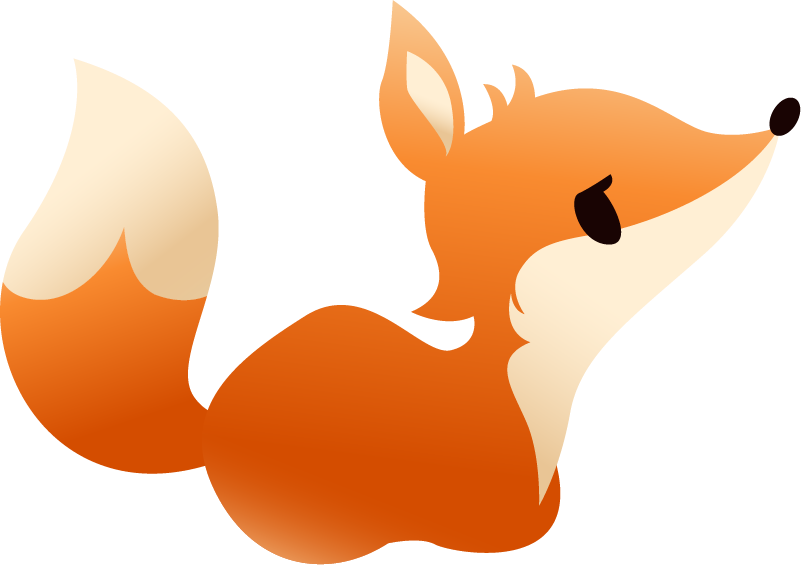I recently heard about Kitsun.io in the community of WaniKani, created an account and tried out the 10K deck and an N5 deck. I was wondering how anyone here combines the use of WaniKani and Kitsun, and if you prefer to use both or either one?
I use both for different purposes. So I don’t have a preference. I use WaniKani only for learning Kanji and well vocabulary as a result of learning Kanji.
I use Kitsun for different purposes. It is a broad SRS tool for me.
One is making short flashcards for university. Because I use Kitsun daily for learning japanese it is easier for me to also have decks for learning other things. Using another SRS tool for university stuff is too much for me.
For language learning I use it for Korean and Japanese for now. I have different decks. I use the N5-N1 decks for learning most of the necessary vocabulary for the JLPT exams. I also have a deck for vocabulary I encounter that I want to remember more quickly. And a few for specific books.
For korean I only used the beginner words deck so far. As I’m not that far in my studies.
Hi, welcome!
I was mid-stream WK when Kitsun opened and started using it. WK is essentially just a 8-9k deck, except without autonomy as a gated course and when you have a large circulating review pile, it commands that you clear it daily otherwise you get brutally punished. So I cleared WK daily faithfully and did Kitsun on the side during that time to address to whatever I felt need the most attention until I was able to get to the end of WK.
In hindsight, I probably would have done Kitsun full time from the beginning. For me the later WK kanji/vocab were a struggle without outside context and ironically, the more kanji learn the more mixed up you can get on similar looking kanji and the methods remain the same from level 1 to 60. WK is still good, I think it teaches collocations from the start for low hanging fruit and definitely how to breakdown kanji learnings, and I like mnemonics but many vocab lack dictionary synonyms. But for the rounded experience of addressing problem areas, Kitsun definitely fulfills alot more content it as I can do kanji/vocab but other things like kanji drawing, reading/listening comprehension, expression, grammar, speech, media…and with doing smaller decks, I jump around freely that keeps my interest but I don’t have hit every deck daily and not get punished for skipping. Still glad I went through WK, how time effective is was may be suspect.
I see you post on WK, so probably getting alot of advice, haha. I would definitely stay tuned on marumori.io, I think it will be probably be the most complete single platform and the beta right now is looking great. It’s the same developer as Kitsun and will have utility between the two systems. Check out the holiday bundle deals if you have a chance.
BTW, the 10K deck can be filtered by WK level and the and there a WK vocab/kanji filter so you can add known words to filter you decks for duplicates …and you’ll see a number of decks that revolve around WK users as well.
I have WK, Kitsun, and Bunpro and until very recently I was using them all badly! It’s only in the past 3 or 4 months that I’ve been getting into the swing of things.
One thing I now do is add some (certainly not all!) WK example sentences to my self-study kitsun deck, which I only very recently set up.
It took me ages to set up my own deck. It all felt so complicated, but now I have, it is brilliant! Plus, being recognition based, rather than cloze, I fly through the reviews!
Plus, and I know many are going to disagree with me here, I use furigana on both sides of the cards! “But you are meant to be learning to read the kanji” people will cry, and no doubt they are right, but for me I need as many training wheels as possible, and just all this extra exposure is good in and of itself. Anyway, that’s what I’ve been doing!
